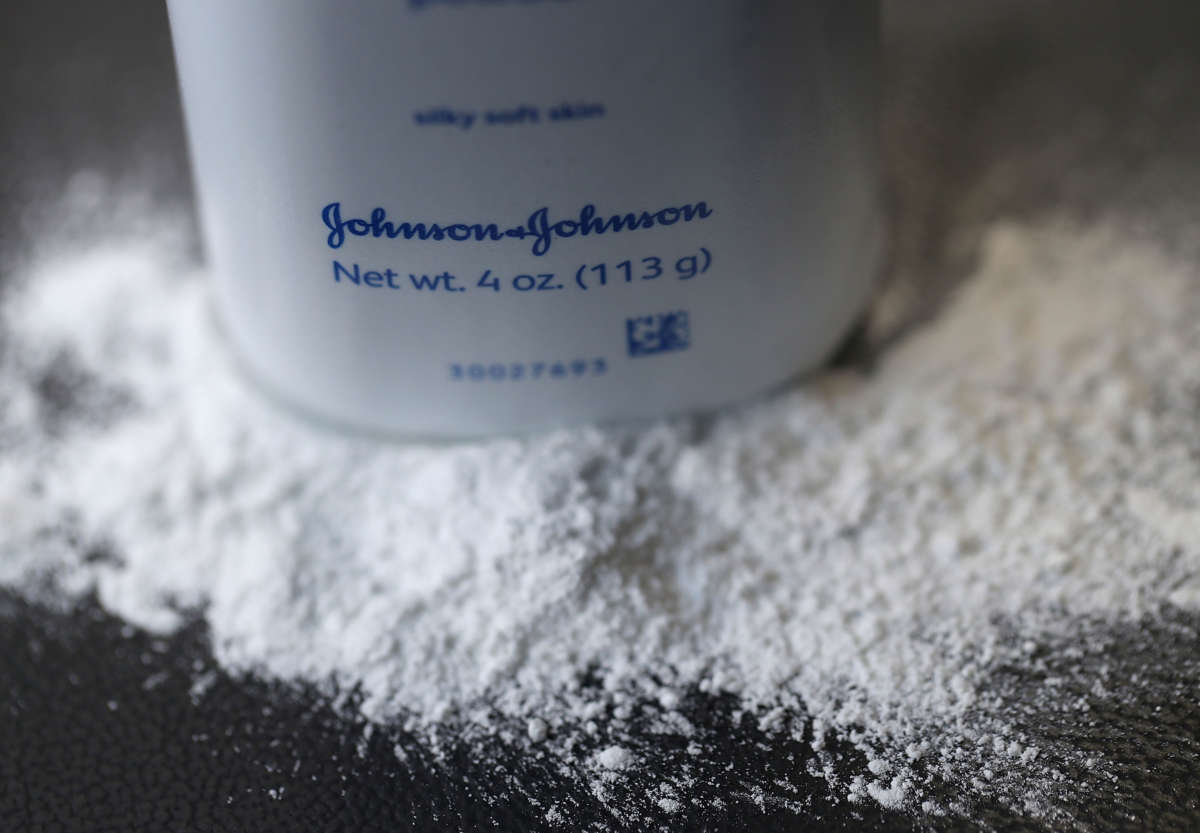In a virtual town hall in June, Coca-Cola’s Chairman and CEO James Quincy said: “Diversity and inclusion are among our greatest strengths … We must put our resources and energy toward helping end the cycle of systemic racism.” Dow Chemical’s Chairman and CEO Jim Fitterling similarly committed to being an “ally” helping overcome “systemic oppression.” And Johnson & Johnson’s Chairman and CEO Alex Gorsky stated, “unequivocally that racism in any form is unacceptable.” These three proclamations echo others penned by Fortune 500 companies since the public reckoning with police violence and systemic racism has swept across the country in the wake of the murder of George Floyd in May.
But examine the impact of these companies on the lived experience of Black people and it’s clear these commitments fall far short of restitution. Consider Johnson & Johnson. Internal company documents have revealed that the company knew since at least 1957 that its talc-based powders could be contaminated with asbestos, a possible carcinogen, for which there is no known safe level of exposure. Despite these concerns, the company pushed these products in the United States and beyond, specifically targeting Black and Brown women. The company’s marketing plans included a race-based distribution model, moving baby powder samples through churches and beauty salons in African American and Latino neighborhoods, and seeking marketing agencies specializing in promotions to “ethnic consumers.” The impact is clear: A study of Black women who used these powders found they had more than a 40 percent increased risk of ovarian cancer compared to Black women who didn’t use them.
Several weeks after its CEO’s Black Lives Matter statement, a Missouri court ruled Johnson & Johnson must pay $2.1 billion in damages to nearly two dozen women whose ovarian cancers were linked to its talc-based powders.
Or consider Coca-Cola, whose CEO made a $2.5 million commitment in June to racial justice charities. Put aside, for a moment, that such a pledge is a paltry 0.27 percent of the company’s annual US advertising spend. The company could have used this political uprising to honestly reflect on how its business practices continue to harm Black communities. Its signature sugary drinks, for example, are a driving force behind one of the biggest public health crises of our time — diet-related illnesses like type 2 diabetes, kidney diseases, and heart disease — that disproportionately impact African Americans. Drinking as little as one 12-ounce sugary drink a day increases your chances of diabetes by 26 percent. A staggering fact made more worrisome in the face of findings that people with type 2 diabetes have a significantly increased Covid-19 mortality rate.
Yet a recent report on sugary-drinks marketing found Coca-Cola and its peers still disproportionately target Black consumers, particularly young Black people. As a result, Black teens have been seeing roughly 2.3 times as many ads for sugary drinks and energy drinks compared to White teens.
Then there’s Dow, whose Chairman and CEO’s Black Lives Matter statement made no mention of the impact the company’s manufacturing plants and products have had on communities of color. Dow, one of largest petrochemical producers in Louisiana, for example, is one of the many corporations that have located toxic manufacturing facilities along an 85-mile stretch of the Mississippi River between New Orleans and Baton Rouge, home to many predominantly Black communities. The rates of cancer in the region are a staggering 50 times greater than the US average, giving the area the unwelcome name, Cancer Alley.
Dow. Johnson & Johnson. Coca-Cola. These are just three of the many companies claiming allegiance with those fighting racial injustice around the country. But as the old cliché reminds us: Actions speak louder than words. If these companies were really committed to Black lives, their statements would have included an honest reckoning with their own products and practices, past and present, and a pledge to act on such a reckoning.
Trump is silencing political dissent. We appeal for your support.
Progressive nonprofits are the latest target caught in Trump’s crosshairs. With the aim of eliminating political opposition, Trump and his sycophants are working to curb government funding, constrain private foundations, and even cut tax-exempt status from organizations he dislikes.
We’re concerned, because Truthout is not immune to such bad-faith attacks.
We can only resist Trump’s attacks by cultivating a strong base of support. The right-wing mediasphere is funded comfortably by billionaire owners and venture capitalist philanthropists. At Truthout, we have you.
Truthout has launched a fundraiser to raise $34,000 in the next 5 days. Please take a meaningful action in the fight against authoritarianism: make a one-time or monthly donation to Truthout. If you have the means, please dig deep.
